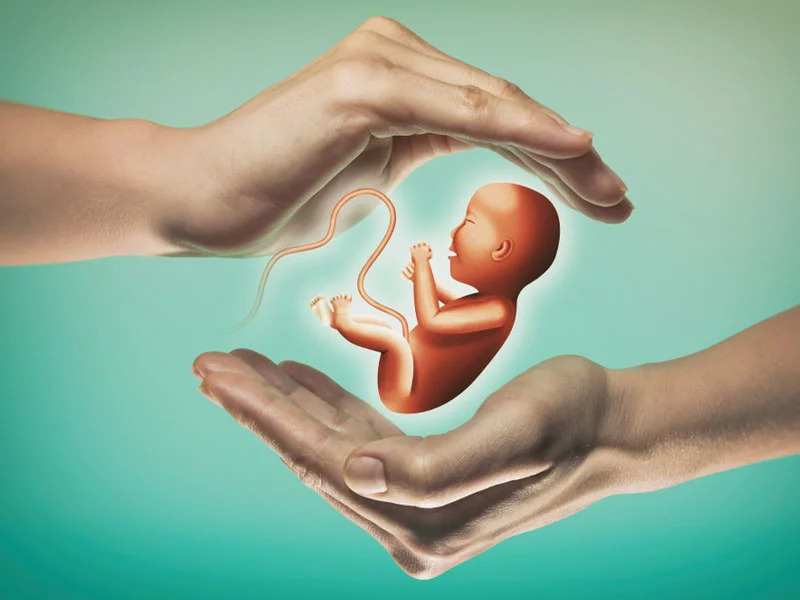
Infertility PCOD
Ayurvedic Treatment for PCOS in Meerut: A Holistic Approach to Women's Health
The prevalence of PCOD in India is approximately 10% and rising. PCOD, also known as Polycystic Ovarian Disease or Polycystic Ovarian Syndrome (PCOS), is a condition where small cysts form in the ovaries, leading to an enlarged ovary that secretes excessive amounts of estrogenic and androgen hormones. This hormonal imbalance, coupled with irregular ovulation, can result in infertility. In Ayurveda, PCOD is considered a disorder of kapha, blocking the Artava vaha srotus (channels) and causing interrupted movement of Apana-Vata, leading to various symptoms.
Polycystic Ovary Syndrome Symptoms:
Irregular periods - A lack of ovulation causes delayed periods.
Heavy bleeding - The uterine lining builds up for a longer period, leading to heavier periods.
Unwanted hair growth - More than 70% of women with PCOS experience unwanted hair on their face and body.
Acne - Male hormones can make the skin oilier, resulting in breakouts on the face, chest, and upper back.
Weight gain - About 80% of women with PCOS are overweight or obese.
Male-pattern baldness - Hair on the scalp gets thinner and falls out.
Darkening of the skin (Acanthosis nigricans) - Dark patches can form in body creases like the neck, groin, and under the breasts.
Headaches - Hormone changes can trigger headaches in some women.
Causes of PCOD/PCOS
In Ayurveda, PCOD reflects the imbalance of kapha and vata. Modern lifestyles and unhealthy eating habits contribute to this condition in many females. Sedentary lifestyles, junk food consumption, excessive dairy intake, and hormonal contraceptive use can lead to weight gain and slow metabolism. Mental strain, stress, and lack of physical exercise are also contributing factors to PCOD.
PCOD/PCOS Treatment in Ayurveda
Ayurvedic treatment for PCOD varies depending on the symptoms observed. Srotoshodhan, kapha-vata har, or pitta-vata har treatments may be administered. Vaman is recommended if excessive kapha aggravation is observed. Vasti treatment can help balance apana-vata in the pelvic area and regulate hormones. Lekhan vasti and Udvartanam are beneficial for balancing kapha and reducing weight. Uttar vasti can be used for PCOD-induced infertility and induction of ovulation. Various Ayurvedic formulations and medicines are also utilized for PCOS treatment, which should be taken under the guidance of an Ayurvedic doctor.
PCOS Diet & Lifestyle:
1. Consume light and easy-to-digest food.
2. Eliminate heavy and fatty foods that may lead to weight gain.
3. Follow a simple and active lifestyle that doesn't aggravate kapha.
4. Opt for whole grains instead of refined flour.
5. Incorporate different exercises to keep the body fit and active.
6. Avoid drinking, smoking, and the use of contraceptives.
In Meerut, Ayurvedic treatment for PCOS offers a holistic approach to women's health, addressing the root causes and promoting overall well-being. Embrace Ayurveda's wisdom to manage PCOD effectively and lead a healthy life. Seek guidance from experienced Ayurvedic practitioners to receive personalized treatment for your condition.
